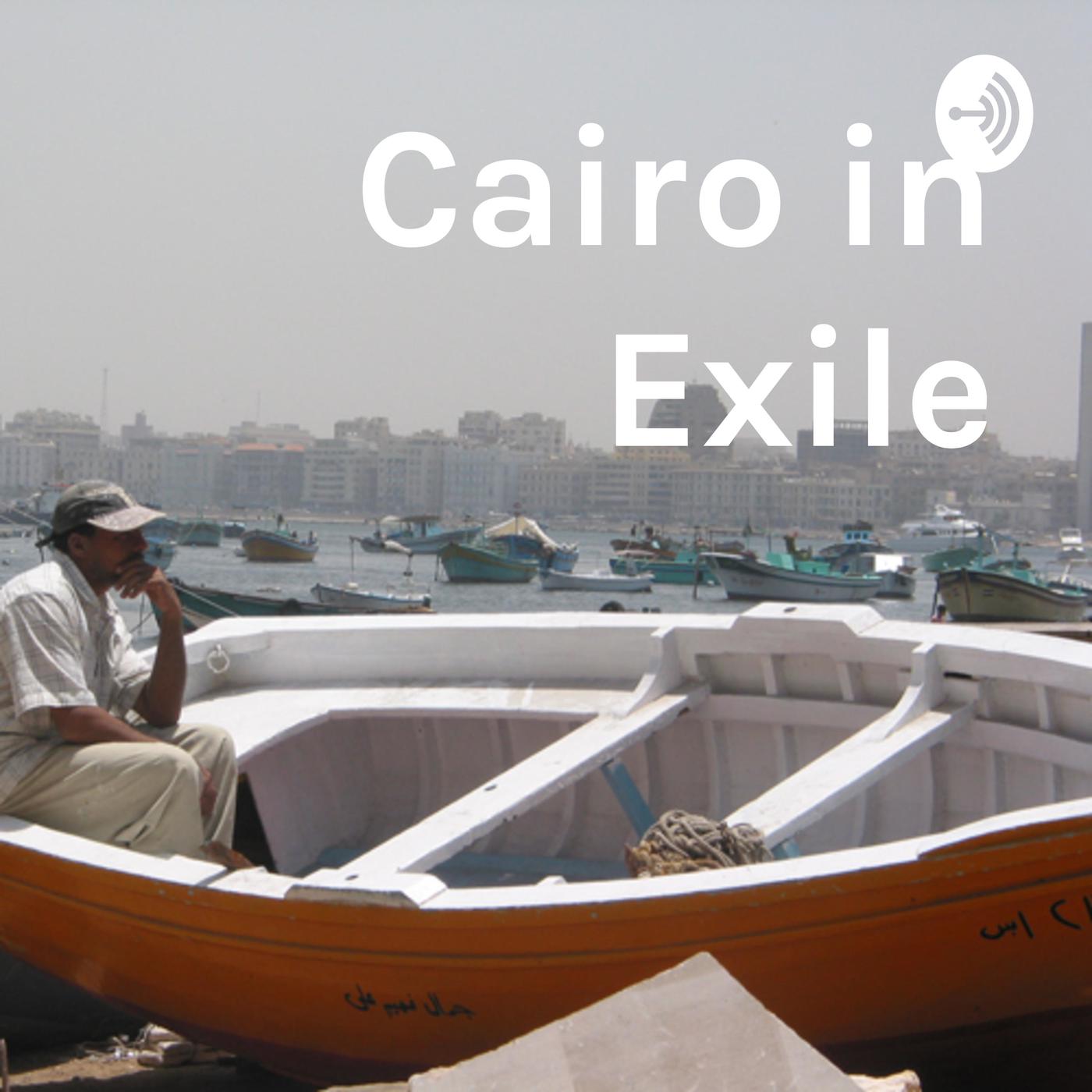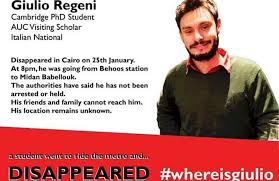The end of March and all of April was spent on the issue of the constitutional amendments and the referendum. After Sisi met with Trump at the White House and received his blessings, changes to the Egyptian constitution of 2014 began to take shape. It should be noted that
- Sisi had stated repeatedly before that he would not seek a third term. Nevertheless, parliament [and him] decided to amend the constitution to extend his term limit and allow him to extend his terms as well.

- A book regarding “Sisi’s achievements” has been published and is being distributed for free [who is paying?].
- The sessions regarding the constitutional amendments began with national songs in parliament, which set the stage for upcoming suggested changes to take place.
- Judges of the State Council wrote a unique memorandum on the amendments: “Amendments to the Constitution destroy the “remaining” of the independence of the judiciary””.
- There was an op-ed in the once-respectable Al Ahram newspaper in Arabic about how civil society and the Brotherhood are both two sides of one coin: both treasonous and both aiming to destroy Egypt’s image. Truly unbelievable!!
What are the amendments:
- Article about Sisi: Transitional article stuck to article 140 which specifically caters to Sisi to extend his term. There is nothing temporary or transitional in any constitution in the world. That transitional article allows him to be renominated or re-elected after two terms of 6 years each.
- The articles about the army : Article 185, under the new amendments, would grant the president the authority to appoint all chief justices of Egyptian judicial bodies, and article 189 would authorize the president to appoint Egypt’s public prosecutor.
- Article 204 allows military trials of civilians not only in case of attacks against military but also attacking an officer for example while on duty. تعدى على – which could mean any number of things.
- ِArticle 193 ensures there is no independence of the judiciary because it states that the president has a right to appoint the constitutional court judge and his deputy.
- Finally, this article about morality which is without a number yet:
يختص مجلس الشيوخ بدراسة واقتراح ما يراه كفيلا بالحفاظ على مبادئ ثورتي ٢٥ يناير- و٣٠ يونيو، ودعم الوحدة الوطنية، والسلام الاجتماعي، والمقومات الأساسية للمجتمع وقيمه العليا والحقوق والحريات والواجبات العامة وتعميق النظام الديمقراطي وتوسيع مجالاته. - the funniest is this – creating a shura council and bringing back the same members who had been transferred to parliament and they take back their salaries and bonuses: يعاد العاملون السابقون بمجلس الشورى الموجودون بالخدمة فى تاريخ العمل بهذا التعديل والسابق نقلهم الى مجلس النواب بذات درجاتهم واقدمياتهم التى يشغلونها فى هذا التاريخ ويحتفظ لهم بالمرتبات والبدلات والمكافاءات وسائر الحقوق والمقررة لهم بصفة شخصية وتؤول إلى مجلس الشيوخ أمواله كاملة التى تم نقلها من قبل.
Parliamentary Objections to the amendments:
- Al Nour Islamist party feebly objected to the words ‘civil state’ and to the quota for women, but later supported the referendum.
- Parliamentarians Haytham al Hariri and Ahmed Tantawi [who had a lawsuit filed against him for rejecting the constitutional amendments] had both been the only parliamentarians who had been quite outspoken about their rejection of the amendments.
- 22 parliament members ended up rejecting the amendments.
Resistance:
 A campaign by the name of Batel [Void] took place immediately before the referendum. The purpose was to say ‘no’ to the constitutional amendments. The site kept getting blocked in Egypt and its owners re-directed to other sites. Up to 6 sites had been made and in spite of the blocking, they managed to get 700 thousand no votes. Meanwhile, Egypt has blocked an estimated 34,000 internet domains as it attempted to restrict newly-launched opposition campaign site, according to NetBlocks.
A campaign by the name of Batel [Void] took place immediately before the referendum. The purpose was to say ‘no’ to the constitutional amendments. The site kept getting blocked in Egypt and its owners re-directed to other sites. Up to 6 sites had been made and in spite of the blocking, they managed to get 700 thousand no votes. Meanwhile, Egypt has blocked an estimated 34,000 internet domains as it attempted to restrict newly-launched opposition campaign site, according to NetBlocks.
It should be noted that before the referendum, we received information that the judges had orders to make the end results with a percentage of yes:no of at least 87%.
The ECCSER announced they filed at least 6 lawsuits with the State Council to stop the referendum:
Abuses before and during the referendum:
- The articles of the changes were not shown to people except two days prior to voting. Nevertheless, there were government/state-security meetings that included meetings organized in churches and mosques and other places to ‘inform and educated people’ what the changes were.
- In spite of having press passes, journalists were thrown out of the polling stations.
- Massive banners filled the streets, including Tahrir Sq., urging people to vote ‘yes’.
- In early April, even before knowing what the final articles that would be amended were, Churches in Upper Egypt, together with governors and Imams began organizing individual as well as joint meetings with parishioners to ‘inform them of the constitutional amendments.” One such Church is the Mar Girguis Church of Mansoura.
- According to Mada Masr, the first penalties under new media bylaws were issued to Al-Mashhad newspaper for violations of “public morals,” “ethics,” and “written traditions”. The paper reported police extorted businesses to buy meals in exchange for votes in the April referendum: http://bit.ly/2USJAdW
- Bribery in the form of money, coupons for food and food packages have been distributed to people to vote ‘yes’.
- People in public buses and taxi cabs were stopped, their ids taken, and forced to vote in any nearby poll station.[Read testimony by a student named Mina Magdi]
-
The food packages had the name of pro-Sisi ‘party’ which is Mostaqbal Misr [the Future of Egypt]. They later initially denied that any packages were being distributed and the media reported that the Ikhwan were doing this to fail the amendments, then decided to retract that and denied it had anything to do with the referendum and that it was all because of Ramadan.
- In fact Sisi’s media – and in particular his prime clown Amr Adeeb said that money has been distributed to people to say NO!!
- Buses were spread around Egypt openly urging people to vote ‘yes’.
- Some bragged that there were 50 buses that were bussing students to voting stations.
- Students were also dragged and threatened to vote, and/or enticed to vote with promises of trips, grade increases and other benefits. The president of Cairo University stood in the middle of the university to announce he would give 5% additional grade to those who vote ‘yes’ – in addition to other benefits. TV obviously denied that it was about the referendum and the president of the university himself spoke on a program, saying that it was taken out of context, blaming social media for doing so!!!
https://twitter.com/afekki/status/1121322644975116288
https://twitter.com/sodfakhaled/status/1121135150488870914
https://twitter.com/monnah10/status/1121032283849465856
https://twitter.com/ah_medo_ph/status/1120404239690473473
[Other videos related to the event may be viewed here: link | link | link ]
 As a result of the referendum – which was, of course, approved by an alleged 88% margin without publicizing each districts’ results, nor publishing any of the disapora results – is that the referendum came to be known as the Abu Kartoona referendum – which is the “Package Referendum”.
As a result of the referendum – which was, of course, approved by an alleged 88% margin without publicizing each districts’ results, nor publishing any of the disapora results – is that the referendum came to be known as the Abu Kartoona referendum – which is the “Package Referendum”.
In one of the epic headlines by the pro-regime newspaper Al Ahram, they posted how unprecedented the elections were in Egypt’s history – while the central image showed a poor man holding his food package.
The referendum in images:
- The kartoona, with Sisi’s name on it to vote yes – by Mostaqbal Watan Party
- packages and packages of food.
- Contents of some of the packages.
- Contents of some packages
- women carrying their packages with Tahya Misr sign on them
- Al Noor party showing their support.
- Orthodox Church: we support amendments for the higher good.
- People voting no were able to take pictures of their vote and post it online.
- Actress Nabil Ebeid
- Nabil Ebeid actress: showing she voted yes.
- Sisi allegedly voting
- Invalid going to vote in his bed
- bride and groom voting
- Facebook post says that Egyptians give Sisi the right to do anything for he is the law and the constitution!!
- Any delay in the amendments subjects Egypt to danger – Osama Saraya
- Egyptians in diaspora tell Sisi he is a gift from God. the image clearly shows parliamentarian Margaret Azer as alleged ‘disapora’.
- Labour Union leader: those who said no are no more than a handful.
- Activist Iskaq Ibrahim: “I asked a priest, what is the difference between these packages and the ones given by Ikhwan during their elections? He replied: “during Ikhwan it was deliberate to direct people to vote, but this is to go vote without being directed.” !!
- “Ikhwan packages reveal the attempts of the terrorist organization to damage Egypt’s image,” alleges Al Akhbar newspaper
- Banners, banners everywhere.
- “Participate in the referendum and express your opinion. Say Yes to the amendments.” LOL
- This unique Omda of a village in Gharbiya posted a banner saying that he opposed the amendments.
Reports and articles:
- Correcting the corrective revolution
- LA Times: Egypt amends constitution to further the power of an increasingly autocratic president
- BBC interview with Bahey Eddin Hassan: http://www.bbc.com/arabic/tv-and-radio-48141938
- Diwan: Authoritarian Math
- The Telegraph:‘The last nail in the coffin of the Revolution’: Egypt rams through constitutional changes to expand president’s power
- The Washington Post: Why we’re pushing back against the Egyptian president’s constitutional coup
- Cairo Institute report.
- The permanent Coup
- Human Rights Watch statement on the referendum:





















































